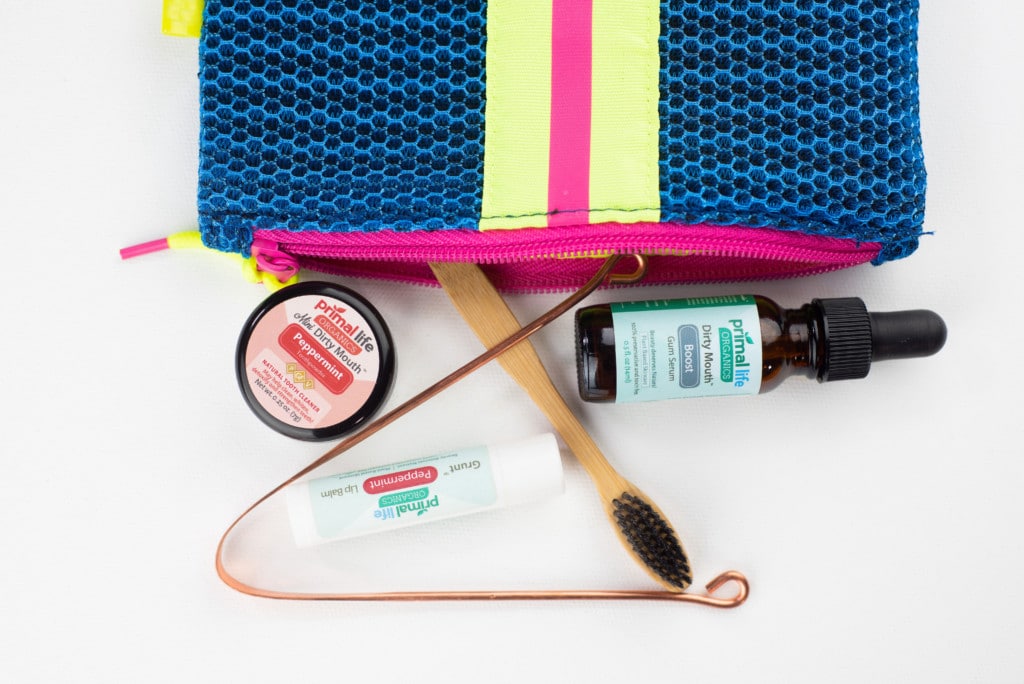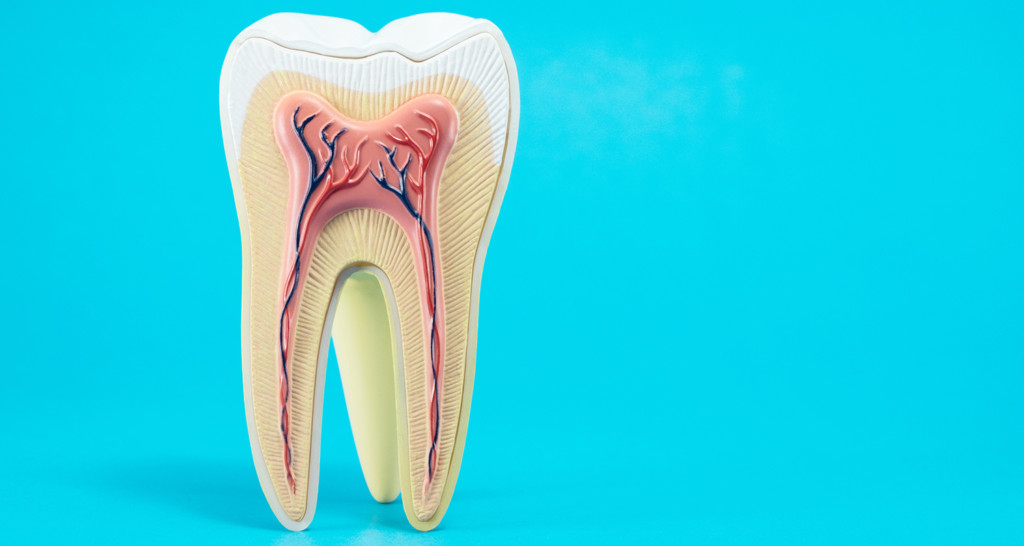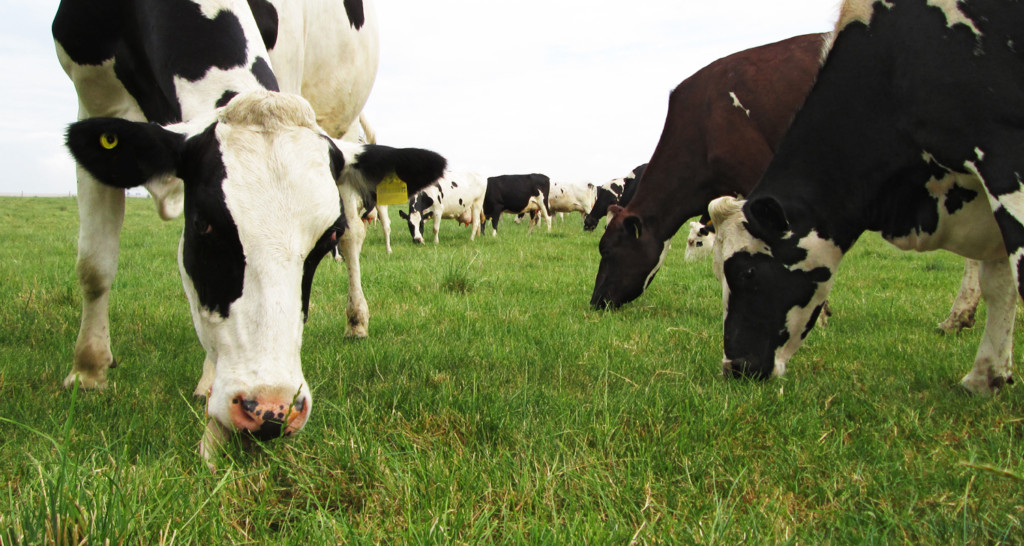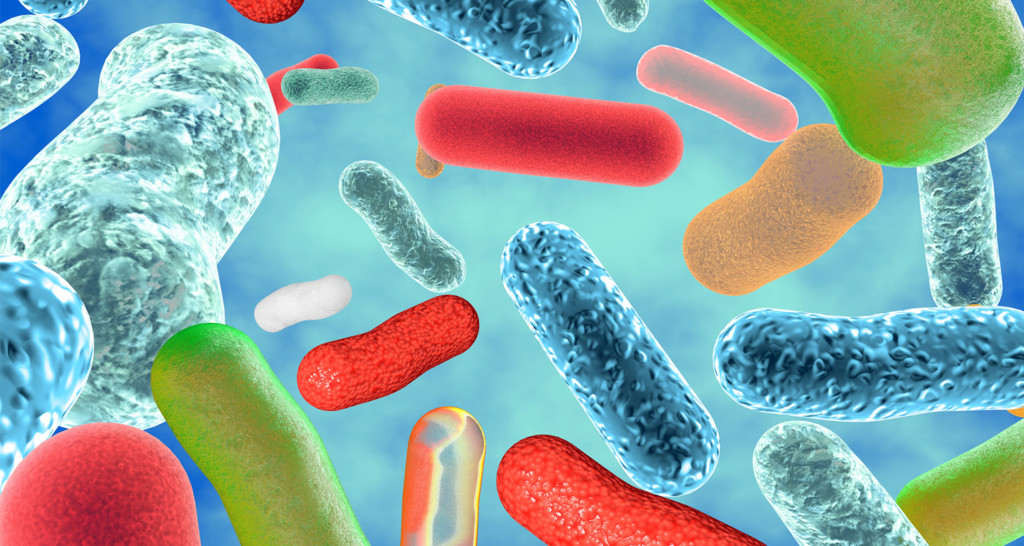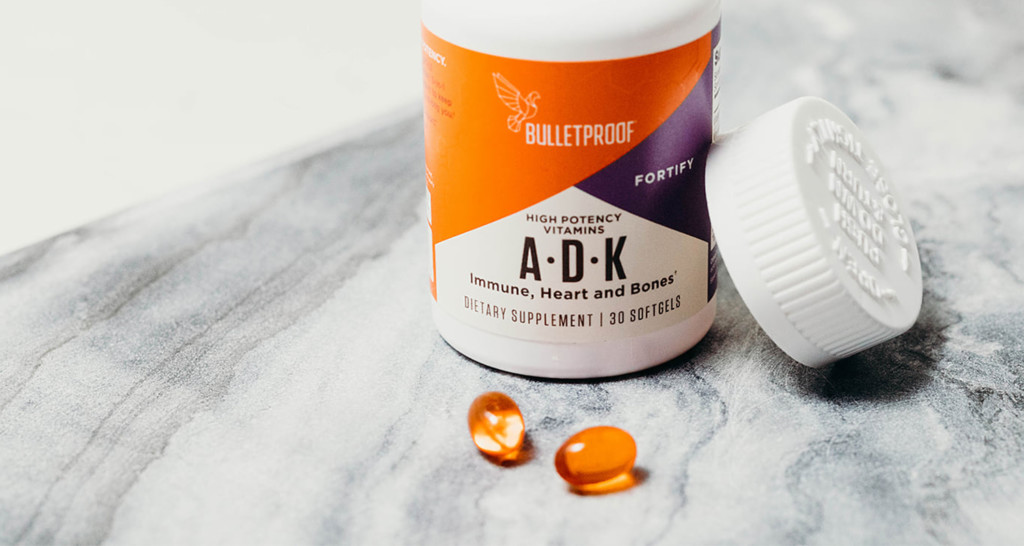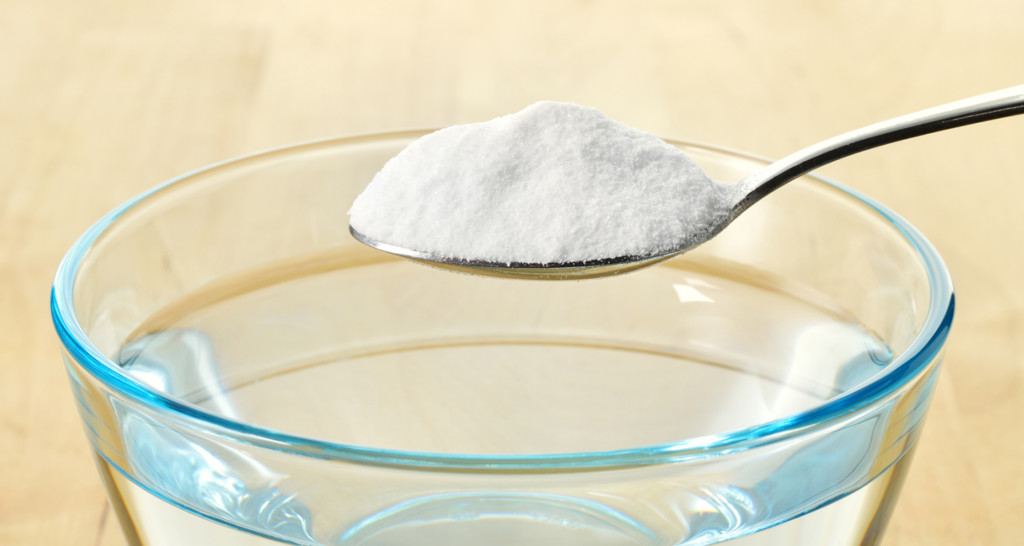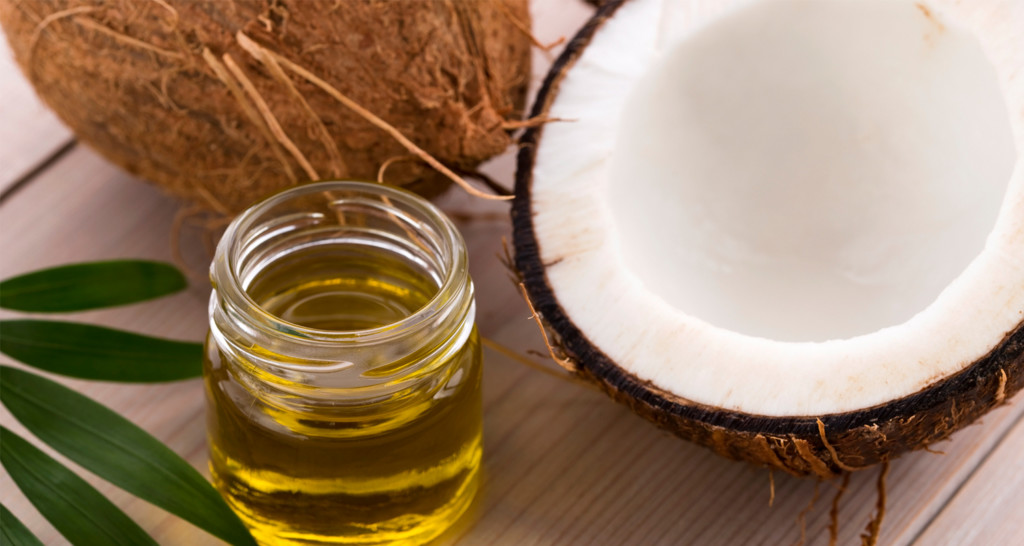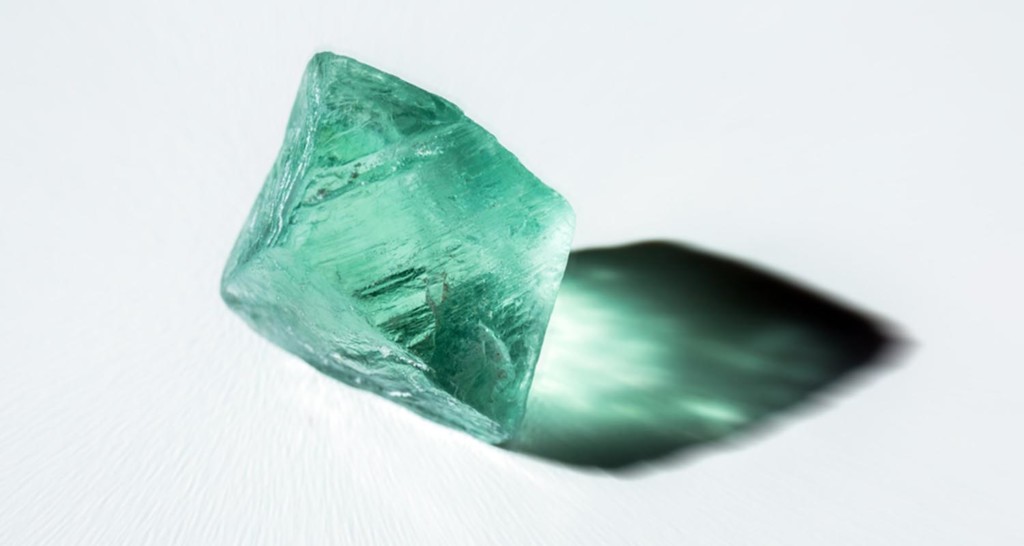
[tldr]
- It’s possible to build and strengthen the enamel in your teeth, before a cavity forms.
- Too much acid, from sugary drinks, foods, and starches, as well as bacteria in the mouth, leach minerals from your teeth.
- Ways to remineralize teeth include eating a high-fat, low-carb diet, getting enough vitamin D, fixing your gut, and doing coconut oil pulling.
[/tldr]
You know the drill (ehem): to avoid cavities and keep your teeth a dazzling white, brush them twice a day, floss, and step away from the candy. So it’s frustrating (not to mention painful), when you follow this standard advice but you still get tooth decay. What gives? As it turns out, there’s more to taking care of your chompers, and what you eat plays a big part.
It’s possible to build and strengthen the enamel in your teeth, in a process known as tooth remineralization. You’re adding minerals to your teeth, not losing them.
So how do you remineralize teeth? By tweaking your diet and adopting certain habits, you’re a few steps away from a Julia Roberts smile and strong, cavity-free teeth for life.
First off, what causes tooth decay?
Your teeth are made up of various tissues, including enamel, which is the hard outer part of the tooth.[ref url=”https://www.ncbi.nlm.nih.gov/pmc/articles/PMC5034904/”] Enamel is full of minerals, primarily calcium phosphate. When dentists talk about tooth decay, they’re referring to damaged enamel.
Tooth decay occurs when your enamel loses minerals. Here are some things that leach minerals from your teeth, according to Dr. Karla Solis, of LA Holistic Dentistry:
- Poor nutrition
- Excess sugar
- Dry mouth
- Lack of minerals
- Toxins
- Stress
- Inflammation
- Poor oral hygiene
Download the Bulletproof Food Roadmap to discover what and how much to eat
What does it mean to remineralize teeth?
“Tooth remineralization is an organic process that works to help repair enamel before a cavity forms,” says Solis.
Keep in mind you can remineralize teeth, to a point.[ref url=”[ref url=”https://www.ncbi.nlm.nih.gov/pmc/articles/PMC5034904/”]
“You can only reverse decay and remineralize one’s tooth when the decay is still in enamel,” says Solis. “If a cavity extends beyond enamel, it can no longer ‘heal’ or remineralize on its own.” At that point, says Solis, the cavity will need to be treated by a dentist.
So how do you remineralize teeth before it’s too late? Diet plays a big role, and the right nutrients in your saliva can prevent cavities and remineralize teeth. Other habits, like coconut oil pulling and taking probiotics, also strengthen teeth. Read on to discover the best ways to remineralize teeth.
How to remineralize teeth
Cut down on foods that contain phytic acid
Back in the 1930s, a Cleveland dentist named Weston Price traveled to remote parts of the world to study the health of people who had little contact with civilization.[ref url=”https://www.westonaprice.org/health-topics/traditional-diets/ancient-dietary-wisdom-for-tomorrows-children/”] He found that tooth decay was rare in these communities. There was a common thread — they all ate a diet rich in whole foods, namely fatty meat, organ meat, wild-caught fish, whole milk dairy products, tubers, vegetables, and fruit. Not too different from The Bulletproof Diet.
Grains and legumes contain phytic acid, a so-called “antinutrient” that binds to minerals like iron, zinc, and calcium and stops you from absorbing them. Go grain and legume free for a while to cut down on phytic acid and boost your body’s chances of absorbing key minerals.
Focus on nutrient-dense whole foods instead, mainly:
- Grass-fed meats
- Wild-caught fish
- Pastured eggs
- Organic vegetables
- Healthy fats like grass-fed butter and coconut oil
Take probiotics and heal your gut
Probiotics — the good bacteria in your gut — can prevent and even reverse teeth demineralization, particularly in the early stages of decay. That’s no surprise, since scientists are learning that almost all diseases can be linked to gut issues. Probiotics reduce the number of mutans streptococci, a type of mouth bacteria that plays a big role in tooth decay.[ref url=”https://www.ncbi.nlm.nih.gov/pubmed/11799281″] Probiotics also keep your gut healthy, and a thriving microbiome means your gut is better able to absorb nutrients and minerals from food.
“The most critical aspect of remineralization is pH,” says Solis. “If the gut is not properly functioning, the mouth will become acidic. As long as the mouth is acidic, ions are moved out of the teeth, and erosion of enamel and dentin occurs.”
Studies show that the probiotic strains most beneficial for oral health are:
- Lactobacillus reuteri[ref url=”https://www.ncbi.nlm.nih.gov/pubmed/24889893″]
- Lactobacillus salvarius[ref url=”https://www.ncbi.nlm.nih.gov/pubmed/24961744″]
- Lactobacillus rhamnosus[ref url=”https://www.ncbi.nlm.nih.gov/pubmed/24919536″]
- Bifidobacterium animalis[ref url=”https://www.ncbi.nlm.nih.gov/pubmed/25214308https://www.ncbi.nlm.nih.gov/pubmed/25214308″]
Choose a high-quality probiotic supplement that contains some or all of these strains (Primal Defense Ultra is a good choice).
Related: Signs Your Gut Is Unhealthy and Why You Should Fix It
Get enough vitamin D
Supplementing with vitamin D is one of the top biohacks you can do. Vitamin D is a vital nutrient but most people aren’t getting enough of it.[ref url=”https://www.ncbi.nlm.nih.gov/pubmed/18844843″] Vitamin D acts on over 1,000 genes in the body and helps build strong bones, joints, and, you guessed it, teeth.
A meta-analysis of 24 clinical studies found that vitamin D might prevent cavities from developing.[ref url=”https://academic.oup.com/nutritionreviews/article-abstract/71/2/88/1939913″] (Note that another study found no correlation between vitamin D intake and reduced cavities in children).[ref url=”https://jada.ada.org/article/S0002-8177(15)01212-X/abstract”]
Most studies use a dose of 800 IU of vitamin D3, or 3,750 IU of vitamin D2. Learn more here about the benefits of supplementing with vitamin D, and dosage guidelines.
Consider supplementing with vitamin K2 — it helps your body better absorb vitamin D. Try A-D-K.
Swish with baking soda
Baking soda has long been used as a natural remedy to whiten teeth, and this pantry staple is a common ingredient in toothpastes and teeth-whitening products. It also helps keep teeth clean, and clean teeth lower your chances of developing cavities. For a quick and affordable option, Solis recommends swishing one tablespoon of baking soda mixed with 4 ounces of water daily.
Do coconut oil pulling
Oil pulling is a traditional Ayurvedic practice that strengthens teeth and gums, and freshens breath[ref url=”https://www.ncbi.nlm.nih.gov/pubmed/21911944″]. Studies show that the oil clears away harmful bacteria, namely streptococcus mutans, in plaque and saliva.[ref url=”https://www.ncbi.nlm.nih.gov/pubmed/18408265″] Swish one tablespoon of oil in your mouth, much as you would a mouthwash, for 15 – 20 minutes a day. If that sounds like overkill, this Daily Beast article says three to 10 minutes a day is plenty. Sesame oil is the go-to choice in Ayurvedic oil pulling, but coconut oil tastes better, plus it contains high amounts of lauric acid, which is antimicrobial.[ref url=”https://www.ncbi.nlm.nih.gov/pubmed/19387482″]
A note on fluoride
Dentists tend to recommend using a fluoride toothpaste, since fluoride — a mineral — can help remineralize teeth. But fluoride can disrupt thyroid hormone production[ref url=”https://www.ncbi.nlm.nih.gov/pmc/articles/PMC3890436/”] and high doses damage brain function.[ref url=”https://www.thelancet.com/journals/laneur/article/PIIS1474-4422(13)70278-3/fulltext#article_upsell”] Speak with your dentist about fluoride-free toothpaste and whether that’s the right fit for you. If you implement the suggestions in this article, like changing your diet and supplementing with vitamin D, you’ll need to rely less on fluoride to keep your teeth strong and cavity-free.
